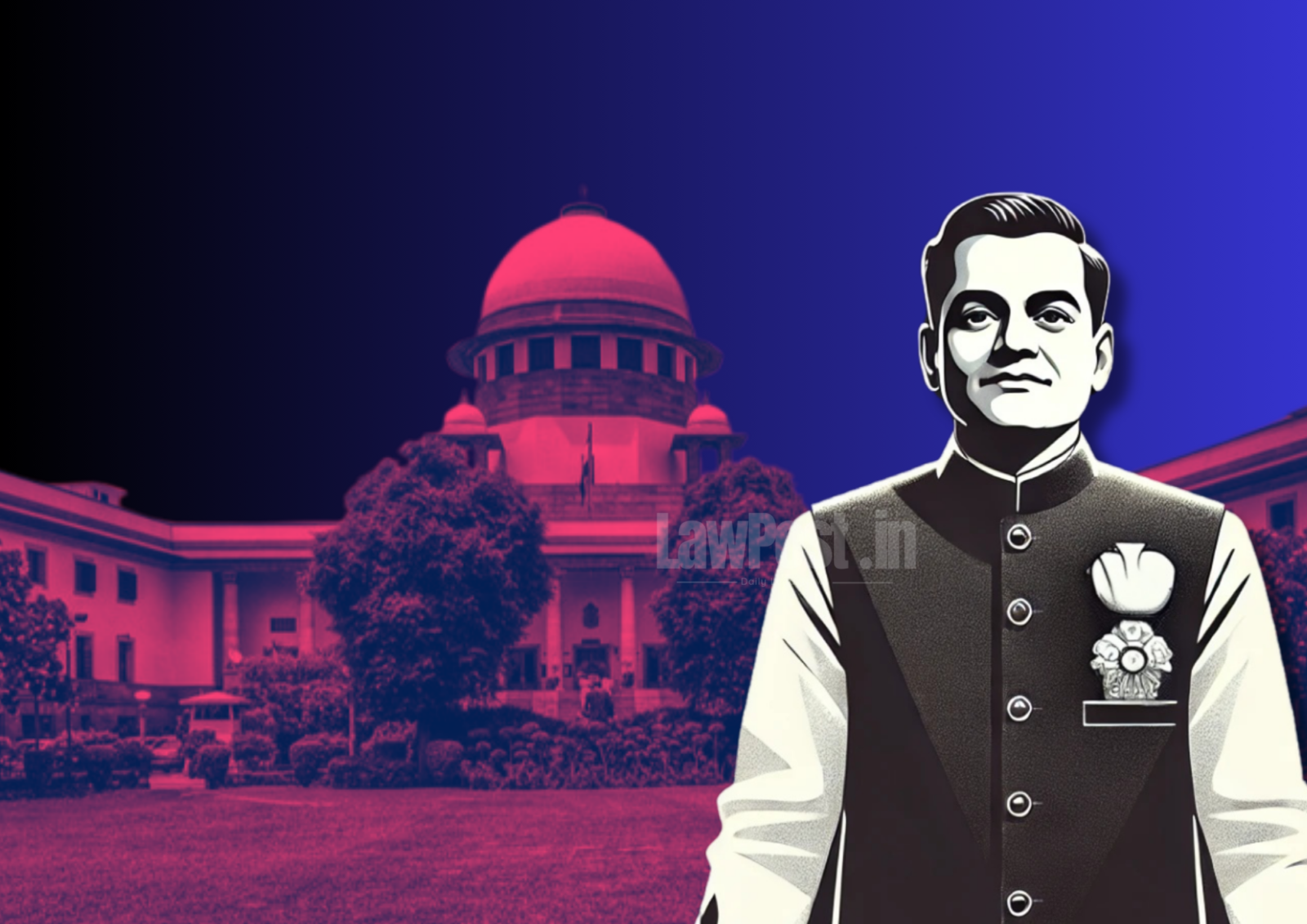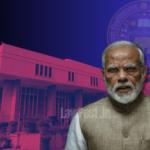The Union government has opposed a plea in the Supreme Court seeking a lifetime ban on convicted politicians from contesting elections, asserting that such a decision falls within the domain of Parliament and not the judiciary.
In an affidavit filed before the top court, the Centre argued that disqualification periods must align with principles of proportionality and reasonability, as determined by lawmakers. “The question of whether a lifetime ban would be appropriate is solely within the domain of Parliament, and it is not for the petitioner to state that the same is appropriate or excessive,” the affidavit stated.
The plea, filed by BJP leader and advocate Ashwini Upadhyay, challenges the constitutional validity of Sections 8 and 9 of the Representation of the People Act, 1951, which govern the disqualification of convicted politicians.
Under Section 8, convicted individuals are barred from contesting elections for six years after serving their sentence if found guilty of certain offenses, including corruption and other serious crimes. Section 9 disqualifies individuals dismissed from government service for corruption or disloyalty for five years.
“Lawbreakers as Lawmakers?” SC Questions Six-Year Ban
During a hearing on February 10, a Supreme Court bench led by Justice Dipankar Datta questioned the rationale behind restricting the disqualification period to six years, stating that there is an “apparent conflict of interest” in allowing lawbreakers to become lawmakers.
However, the Centre defended the existing provisions, emphasizing that penalties in Indian law are time-bound and proportional to the offense. “Post serving of such penalty, a person is free to rejoin society and enjoy all other rights available to any individual,” the government’s affidavit noted.
It further argued that lifetime disqualification contradicts the principles embedded in Indian penal laws, including the Bharatiya Nyaya Sanhita, 2023, which prescribes punishments only within defined limits.
Permanent Disqualification “Untenable,” Says Centre
The government also cited Articles 102 and 191 of the Constitution, which outline grounds for disqualification from Parliament and State Assemblies, such as insolvency, unsoundness of mind, holding an office of profit, or loss of Indian citizenship. These disqualifications, the Centre argued, are not permanent.
“The disqualification would cease once the supervening circumstance ends—whether it is an individual coming out of insolvency, being cured of unsoundness of mind, or relinquishing an office of profit,” the affidavit stated.
While the Supreme Court continues to deliberate on the matter, the Centre’s stance underscores that any expansion of disqualification rules must be a legislative decision rather than a judicial one.








